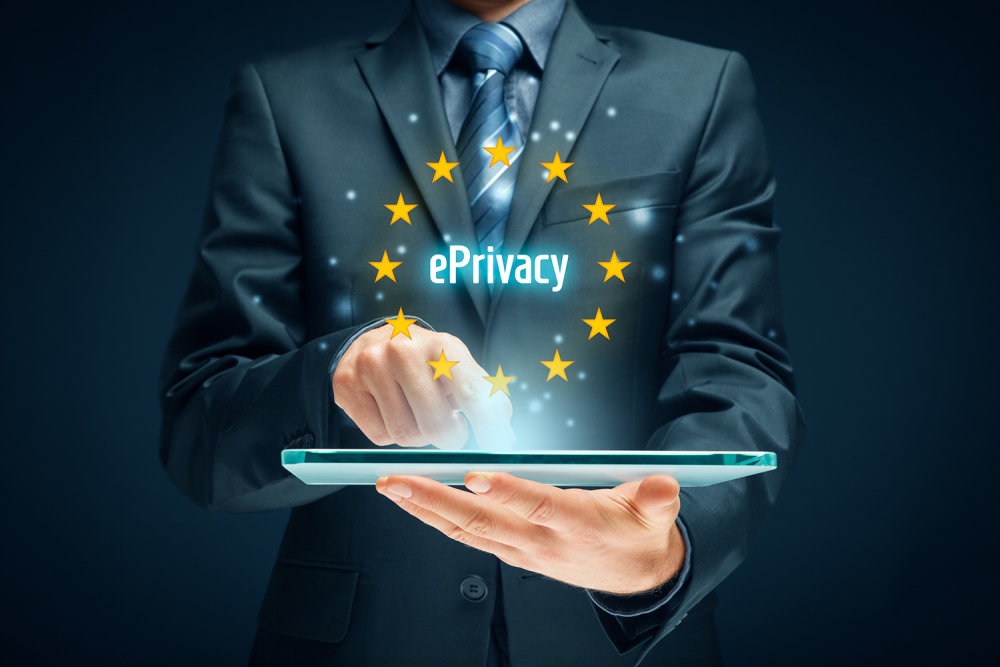
Proposal for an ePrivacy Regulation
The European Commission’s proposal for a Regulation on Privacy aims at reinforcing trust and security in the digital world.
Why a reform of e-Privacy legislation?
European legislation needs to keep up with the fast pace at which IT-based services are developing and evolving.
The Commission has started a major modernisation process of the data protection framework over the past few years, which culminated in the adoption of the General Data Protection Regulation. The ePrivacy legislation needs to be adapted to align with these new rules.
Key points of the Commission’s proposal
The Commission adopted the ePrivacy Regulation proposal in 2017. In the same year, the European Parliament adopted a report and gave the mandate to the rapporteur to begin interinstitutional negotiations.
The proposal for a regulation on a high level of privacy rules for all electronic communications includes:
- new players: privacy rules will in the future also apply to new players providing electronic communications services such as WhatsApp, Facebook Messenger and Skype. This will ensure that these popular services guarantee the same level of confidentiality of communications as traditional telecoms operators.
- stronger rules: all people and businesses in the EU will enjoy the same level of protection of their electronic communications through this directly applicable regulation. Businesses will also benefit from one single set of rules across the EU.
- communications content and metadata: privacy is guaranteed for communications content and metadata. Metadata — data that describes other data, such as author, date created and location— have a high privacy component and should be anonymised or deleted if users did not give their consent, unless the data is needed for billing.
- new business opportunities: once consent is given for communications data — content/metadata — to be processed, traditional telecoms operators will have more opportunities to provide additional services and to develop their businesses. For example, they could produce heat maps indicating the presence of individuals; these could help public authorities and transport companies when developing new infrastructure projects.
- simpler rules on cookies: the cookie provision, which has resulted in an overload of consent requests for internet users, will be streamlined. The new rule will be more user-friendly as browser settings will provide for an easy way to accept or refuse tracking cookies and other identifiers. The proposal also clarifies that no consent is needed for non-privacy intrusive cookies that improve internet experience, such as cookies to remember shopping-cart history or to count the number of website visitors.
- protection against spam: this proposal bans unsolicited electronic communications by emails, SMS and automated calling machines. Depending on national law people will either be protected by default or be able to use a do-not-call list to not receive marketing phone calls. Marketing callers will need to display their phone number or use a special pre-fix that indicates a marketing call.
- more effective enforcement: the enforcement of the confidentiality rules in the Regulation will be the responsibility of data protection authorities, already in charge of the rules under the General Data Protection Regulation.